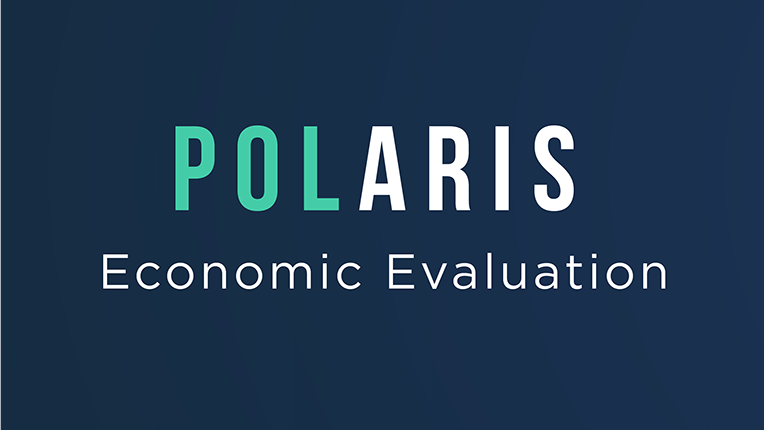What to know
Economic evaluation can help public health professionals simultaneously consider both the resources used and the health outcomes achieved. It can also be useful in supporting decision-making when resources are limited.

Overview
Public health professionals can use economic evaluation to identify, measure, value, and compare the costs and consequences of different public health interventions. Allocating resources and implementing these interventions—whether policies or programs—require an understanding of the relationships between resources used and health outcomes achieved by the program or intervention.
Different methods of economic evaluation can help you answer different questions:
- Program Cost Analysis: What is the cost of the program or intervention?
- Cost of Illness: What is the economic burden of the condition?
- Cost-Effectiveness Analysis: How do costs compare to outcomes?
- Cost-Benefit Analysis: How do costs compare to benefits?
Resources
Economics and Public Health at CDC - This MMWR provides background on the use of economics at CDC and in public health.
CDC Introduction to Economic Evaluation - This course provides a broad overview of economic evaluation methods with illustrative examples from public health.
CDC Public Health Economics and Tools - This CDC webpage provides economic evaluation tools and trainings created by CDC and its partners
The Use of Economics in Informing US Public Health Policy - This American Journal of Preventive Medicine supplement covers a broad range of issues and methodologic approaches to illustrate the many ways that economics can be used to inform public health policy.
HHS Guidelines for Regulatory Impact Analysis - These guidelines provide recommendations on methods, data, and best practices for regulatory impact analyses for HHS agencies.
